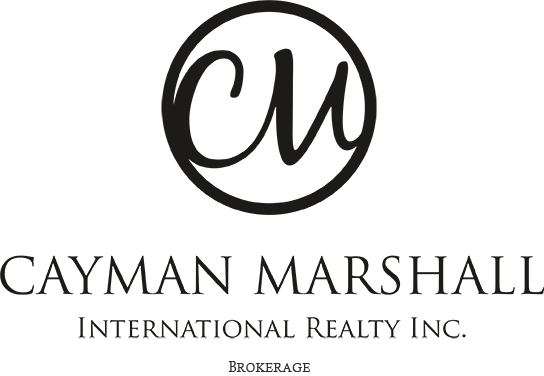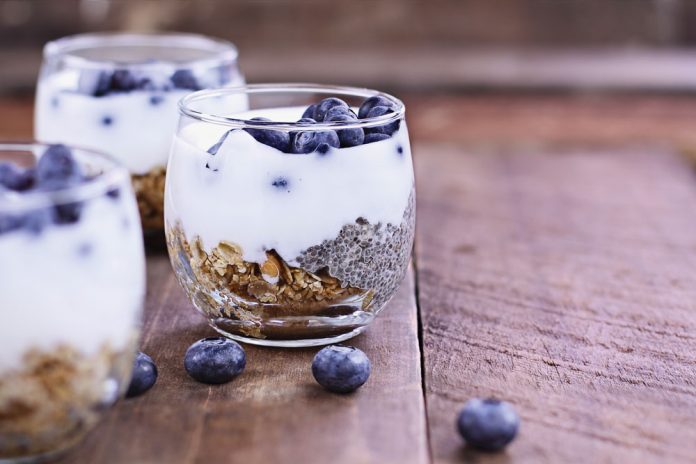By Mike Spry
As the pandemic starts to slowly fade into the distance, for many of us our personal health remains unchecked. Not only have we ignored non-COVID ailments, but many of us have let the coronavirus act as a thin veil for other issues.
Take a moment, and answer this simple question: How are you?
Anxiety, depression, weight gain or loss, brain fog, digestive issues, and other ailments are challenges at the best of times and exacerbated at the worst. We are a society that puts so much emphasis and reward upon pulling ourselves up by the bootstraps, dusting ourselves off and getting back in the game. But this pride-based mentality is, quite literally, killing us. All the above can lead to chronic inflammation and mental health conditions. If the pandemic has taught us anything it’s that inaction leads to chaos, and many of us are experiencing internal medical chaos.
Perry Steckly’s doing pretty well. But that hasn’t always been the case. Steckly has worn many hats in his life: law enforcement officer, intelligence consultant, university professor, coach, mental and physical health advocate, father, and husband among them. Lately, he’s been involved in the intersection of microbiomes and well-being. Microbiomes are “the collection of all microbes, such as bacteria, fungi, viruses, and their genes, that naturally live on our bodies and inside us.” These microbes are both helpful and harmful, according to the Harvard School of Public Health.
Most are symbiotic (where both the human body and microbiota benefit) and some, in smaller numbers, are pathogenic (promoting disease). In a healthy body, pathogenic and symbiotic microbiota coexist without problems. But if there is a disturbance in that balance—brought on by infectious illnesses, certain diets, or the prolonged use of antibiotics or other bacteria-destroying medications—dysbiosis occurs, stopping these normal interactions. As a result, the body may become more susceptible to disease.
Steckly came to the microbiome conversation through the inherent challenges of his work. Beginning when he was just 20, and working as a police officer in Ontario, he was stalked by a violent offender for nearly his entire policing career.
“I got a call from a probation officer saying that he’s become obsessed with me,” recalls Steckly, years removed from the incident. “Our criminal profilers conducted a threat assessment, and I had to move. I had this lingering threat to my family and I suspect the prolonged exposure led to physical and mental health issues later in my life. Research highlights a strong connection between our gut health and our mental health, and we can all make positive change. By making changes to my diet, sleep, stress, and exercise, I was able to manage my inflammation without medication while improving my mental health. The gut-brain connection fascinates me.”
That curiosity, as well as a strong interest in human behaviour, led to Steckly’s consulting company and his interest in the public’s understanding of their role in their own well-being. Universal healthcare can only do so much—we must each take ownership of our wellness.
“Everybody could benefit from recalibrating their microbiome to improve their health,” he contends. “If we’re not taking care of all those smaller things like allergies and asthma or obesity, there’s a great chance that chronic inflammation will lead to to more severe issues.”
Steckly simplifies his argument with an analogy: “A homeowner can’t ignore a small water leak under the sink or behind the walls. You might not see it, hear it or smell it, but after a while it’s going to foster mould, create damage or crack the foundation. Chronic inflammation is the water leak, and if left unattended, may lead to serious mental or physical health risks. Food avoidance or medication doesn’t fix the leak; it just prolongs the damage.”
Steckly likens our personal health to home renovations. Sometimes you just need to fix some wiring, plumbing and at times you need to add an extension. A personal investment in the lessons of microbiome maintenance will help keep your home in check.
What we put into our bodies directly impacts our health. Some simple steps in the right direction involve probiotics (foods or supplements with microorganisms that maintain or improve “good” bacteria in the body, found in foods such as kefir and sauerkraut) and prebiotics (like whole grains, bananas, greens, onions, garlic, soybeans and artichokes for balancing microorganisms), as well as a diverse diet. Caloric restriction and fasting in concert with vitamins and supplements support our overall wellness. But we must also avoid processed foods, refined sugars, gluten, and chemicals (easier said than done, but integral to better health).
Steckly has seen attention and commitment to microbiome awareness result in life-changing health advances, not just in himself, but in his family, friends and others. His mother, who had health challenges so severe she could not leave her home, has experienced exponential improvements from following Steckly’s guidance and suggestions. Now, she’s able to visit friends and enjoy her grandchildren. He’s witnessed success with allergies, asthma, mental health issues, acid reflux, weightloss, chronic fatigue and a host of other auto-immune issues.
Steckly has hosted “microbiome reboot” programs whereby he leads participants through a four-week program, which he also does himself. “Whether we have anxiety, depression, PTSD, gastrointestinal issues, skin disorders, OCD, ADHD, I’ve discovered that a lot of auto-immune issues are fuelled by inflammation. This can be driven by sleep disorders, stress, a lack of exercise and a poor diet. And when you have chronic inflammation, it may lead to more severe consequences down the road. I had a lifetime of allergies and asthma, and I was happy to manage it with medication. It was easy and it worked most of the time. But in the long run, I still had allergies and asthma.”
“I do a reboot every year and shorter boosts as the seasons change. This is my seasonal maintenance that I cannot ignore. And this is where I specifically focus on my microbiome – the root cause of my health issues. Microbiome research continues full speed ahead with some amazing and promising results. I’ve simply leveraged the existing research and built a model that I can share with you. I recently had 12 people from across Canada join me for my last reboot. I’m simply a tour guide, thrilled that people are finding success—and a novel way to take ownership of their health.”

Perry is creating a community for those open to exploring microbiome solutions. Join him for his next Microbiome Reboot starting September 12, 2022. Additionally, in May 2023, a Microbiome Reboot for First Responders will be held with a focus on PTSD.



